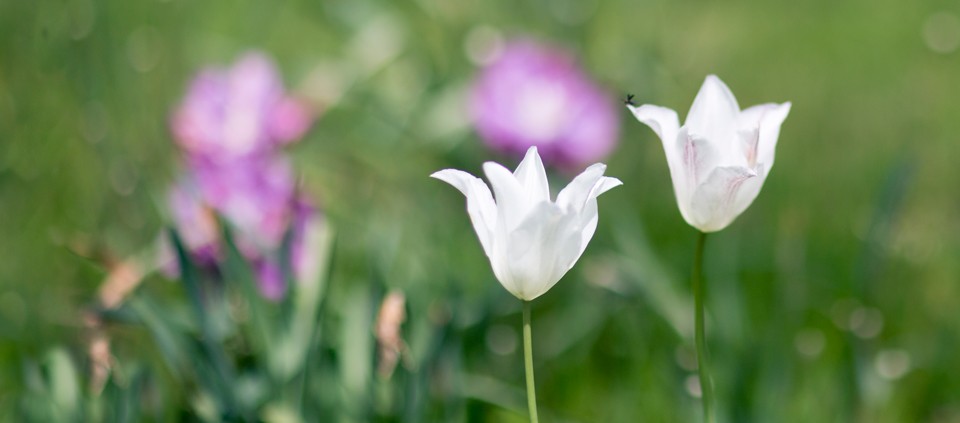Self-Compassion and Loving-Kindness in Difficult Times

The nature of worry and anxiety is to feed off itself. There’s a Zen story of a monk in a cave who paints a picture of a tiger on the wall and is terrified each time he looks at it. Our minds are like that. They can create scenarios ever more dire and desperate.
This is not to say that all worry, particularly right now, is for nothing—our fears have an evolutionary basis and are telling us to be vigilant and respond. But while this "fight-or-flight" response is great for running away from bears or escaping immediate dangers, our modern expressions of psychological stress and anxiety rarely lead to productive action. Rather they typically lead to continued spinning of the mind.
It is at times like the present when Buddhist teachings and practices can help us find peace even in the most challenging conditions. Two practices—cultivating self-compassion and loving-kindness—can be particularly helpful.
Self-compassion helps us hold our own suffering with kindness and care—it brings us back to awareness of the truth of our experience (for example, tight belly, shortness of breath, racing thoughts ...) rather than being lost in the proliferating mental narratives of what might happen. As we open to our own experience with kindness, we step out of the mental narratives and are able to respond more kindly and wisely.
The practice of loving-kindness broadens our care and concern to include others, too—those near and far; those we love and those we have difficulties with; and outward to include all beings everywhere. When we practice sending wishes of kindness and friendliness to difficult people–including, if we feel ready, the one we feel most hostility towards or are most afraid of—they become less the "unreal other" and more a human being who is suffering and acting out their suffering in and on the world.
These practices of loving-kindness and self-compassion supported by the present-moment awareness of mindfulness can strengthen our resilience and help us engage wisely and kindly and effectively in the world.
Another painful accompaniment to stress and anxiety is that we get hooked into a sense of being a "separate self"—a self who is carrying the weight of an issue or the world on our shoulders. We tend to feel isolated and separate and, when we connect with others, it can often be through shared narratives or beliefs that function like an echo chamber rather than in a deeper, more engaged and embodied way.
A powerful antidote to this sense of being "alone" is community—coming together with others on a heart level, holding our hearts open to each other’s pains—and joys. The Buddha said, "All of the spiritual life is sangha (community)."
This article is adapted from a post on Hugh Byrne's blog. Find out about upcoming programs with Hugh at Kripalu.
Hugh Byrne, PhD, a teacher with the Insight Meditation Community of Washington and author of The Here-and-Now Habit and Habit Swap has taught mindfulness meditation since 2000.
Full Bio and Programs